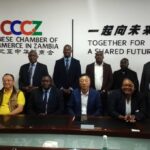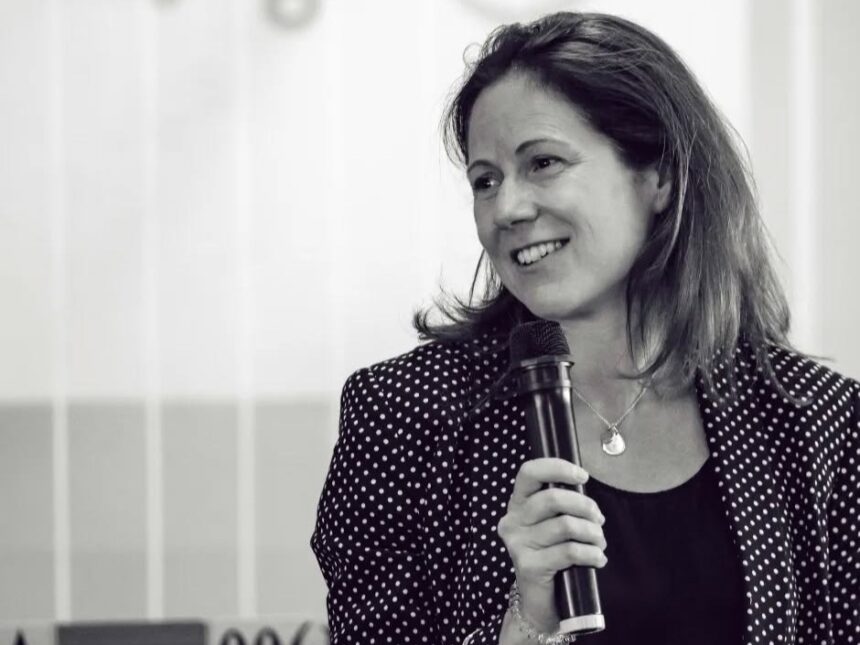British High Commissioner to Zambia, Rebecca Terzeon, has expressed concern over the persistent high poverty levels in Zambia, despite notable economic growth in recent years. Speaking during the Regional Conference on Poverty Reduction and Climate Resilience held on Tuesday, Terzeon emphasized the urgent need for structural transformation to ensure that Zambia’s economic gains translate into tangible improvements in the lives of its people.
According to statistics released by the Zambia Statistics Agency, poverty levels stood at 60 percent in 2022, with urban poverty becoming an increasingly pressing issue. Terzeon pointed out that while Zambia has made strides in Gross Domestic Product (GDP) growth, those improvements have not been equitably felt across the population. The benefits of economic development, she noted, continue to bypass a significant portion of the citizenry, particularly vulnerable urban communities.
“It’s clear that the world needs answers on poverty reduction and climate change more than ever. We cannot continue to work on a business-as-usual model,” Terzeon said. She underscored that addressing poverty and climate challenges requires more than conventional strategies—it demands robust, inclusive, and sustainable economic growth driven by industrialisation, agriculture, and exports.
Terzeon also stressed that the United Kingdom remains committed to supporting Zambia’s development agenda. She explained that the UK’s foreign policy places a strong focus on fostering economic partnerships that promote resilience, equity, and long-term prosperity. She called for enhanced collaboration among regional partners, development institutions, and national governments to create economic systems that work for all citizens, not just a few.
With climate change posing additional risks to Zambia’s development goals—particularly in agriculture, which employs a majority of the population—Terzeon urged for greater investment in climate-smart innovations and infrastructure. She noted that resilience to environmental shocks is an essential component of any successful poverty reduction strategy.
The conference, which brought together policymakers, economists, environmental experts, and civil society representatives, focused on the intersection of climate action and poverty alleviation. Many of the participants echoed Terzeon’s remarks, calling for targeted policy reforms that prioritize job creation, export diversification, and inclusive growth.
As Zambia continues to grapple with rising urban inequality and climate vulnerabilities, the message from the British High Commissioner was clear: economic growth alone is not enough. Without intentional strategies that link growth to broad-based social improvement, poverty will remain a stubborn challenge. The call to action is for a new approach—one that redefines development to be both sustainable and inclusive.






